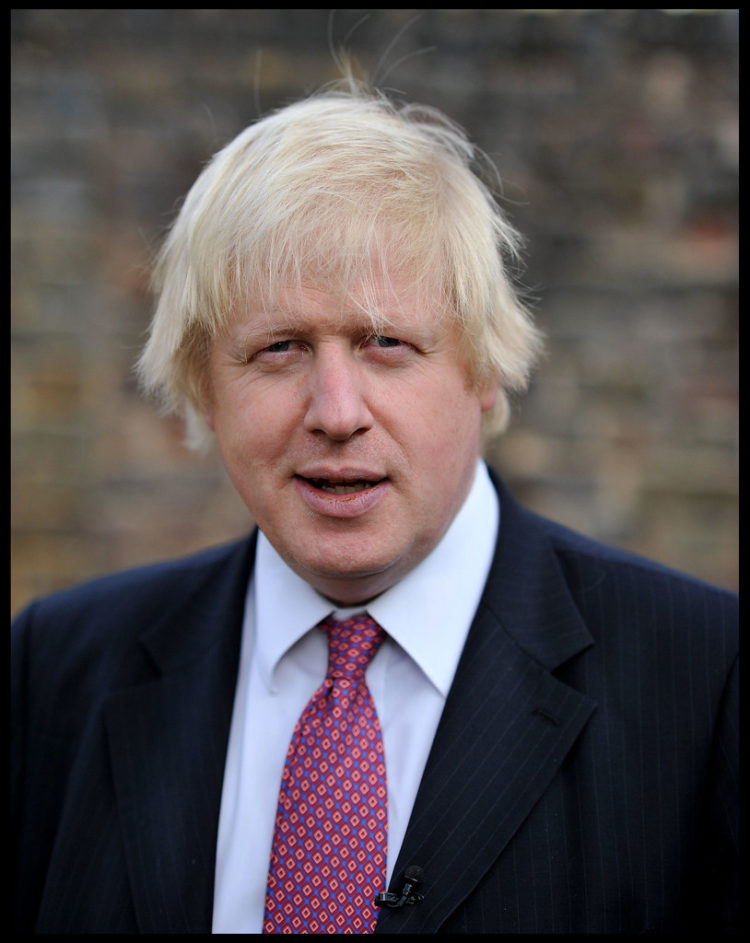By Tony O'Riley-
The legal challenge to stop British prime minister, Boris Johnson from proroguing parliament to implement Brexit could succeed for a number of reasons.
The Sovereignty of Parliament over all laws is a primary ground on which mr.Johnson may be prevented from stopping the implementation of a no deal Brexit. Today, a Scottish judge fast-tracked a legal challenge backed by 75 MPs and peers to prevent Boris Johnson proroguing parliament to force through a no-deal Brexit.
Parliamentary Sovereignty means Parliament as a collective political body is supreme over all laws, and cannot be casually bypassed by a particular member of parliament. Proroguing parliament refers to the period between the end of one Parliamentary session and the State Opening of another. The parliamentary session may also be prorogued before Parliament is dissolved. It normally happens once a year
ILLEGAL AND UNCONSTITUTIONAL
The cross-party group led by the Scottish National party MP Joanna Cherry QC insists plans by the prime minister to suspend the Commons to prevent MPs blocking a no-deal Brexit before 31 October would be illegal and unconstitutional. The group are probably right, but will leave the country with the difficult question of how long the country are prepared to see them
They told Lord Doherty in the court of session that“the petition raises legal issues of profound constitutional significance, and these require to be considered and determined as a matter of extreme urgency”.
Doherty ruled an urgent hearing of the case should take place on Friday 6 September. The set date allows both sides 14 days to prepare their legal arguments and revise them.
The case has been brought by a cross-party group of Labour, SNP, Liberal Democrat and former Tory MPs who quit the party over Brexit, and the Good Law Project, the anti-Brexit campaign group set up by Jolyon Maugham QC. Another two MPs are due to join the group before the next hearing.
PLEA REFUSAL
Doherty refused the group’s plea for the case to Scottish appeal judges to speed the process up, and accepted the government’s compromise proposal for costs to be capped and shared between both sides.
David Welsh, the advocate acting for the parliamentarians and Maugham, expressed fear that the government would block and slow down the case as much as possible.
He said time was of the essence for a final judgement on whether proroguing parliament was lawful before 31 October. He highlighted that the case needed to be heard by the ordinary court, the appeal court and the UK supreme court in only 11 weeks.
Welsh warned that legal delays in reaching a final decision could allow the British prime minister to prorogue parliament before the case had ended. A no-deal Brexit would have “severe and irreversible” consequences. “It is a rather exceptional request against a highly exceptional and unusual background,” he added.
Andrew Webster QC, the government’s lawyer, denied that ministers wanted to obstruct the case and accused Welsh of “misreading and mischaracterising” the government’s view it would be wrong to immediately refer the case to the appeal court.
Webster said the UK government also wanted it heard and decided before the UK’s departure deadline. “The respondent is willing to seek to deal with these matters before 31 October provided that is done in a fair and proportionate manner,” he said.
The case will examine whether Johnson would be breaching established constitutional law and both the EU Withdrawal Act 2018 and the Northern Ireland (Executive Formation etc) Act 2019 if he asked the Queen to prorogue parliament.
DAMAGE
Most economic forecasters agree Brexit will damage Britain’s economy; only their assessments of the magnitude and timescale differ. Sectors from car making to farming would be hit hard. Britain’s ability to combat cross-border crime and terrorism would be severely undermined by a break up with the EU.

